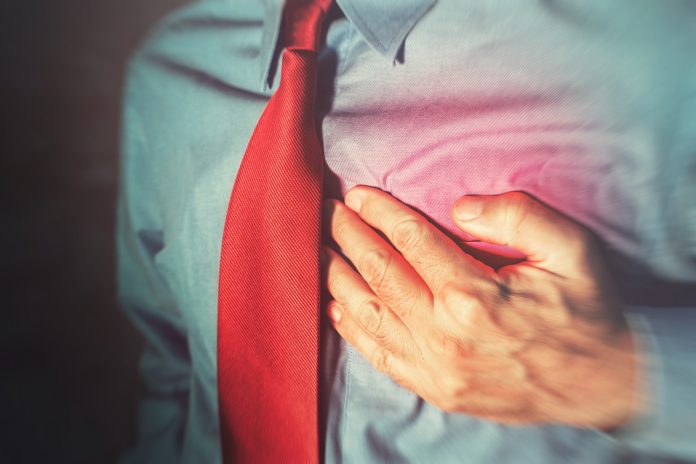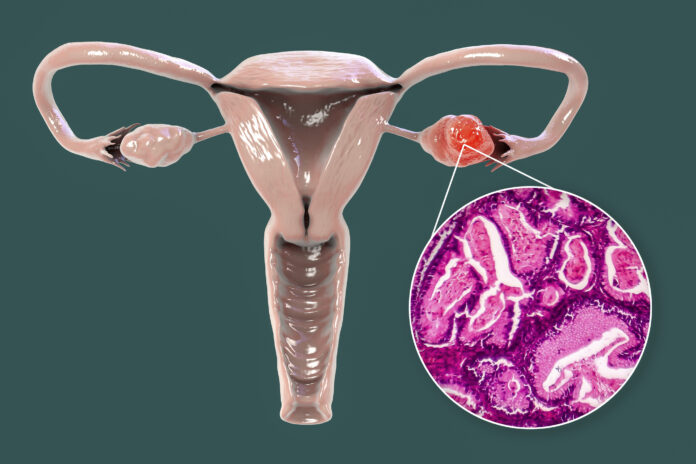Heart attack signs in women are sometimes different than that of men due to which they may not be diagnosed in time. Unlike men, chest pain is not the classic symptom of heart attack in women, and they may have symptoms like neck pain, jaw pain, vomiting, sweating, fatigue, indigestion among other warning signs. However, women may get these signs weeks before a heart attack and this can be potentially lifesaving. While younger women face lesser risk of heart attack than men, after hitting menopause their risk becomes greater than men. (Also read: World Heart Day 2023: Sudden cardiac arrest, heart attack, heart failure; what’s the difference? Cardiologist explains)
“In our country, women’s symptoms are usually underplayed. To a large extent. It’s important to know that both women and men can get affected by heart disease. Women more so after the menopause, because the hormones normally protect them in the early stages of the life,” says Dr Ajit Menon, Senior Interventional Cardiologist at Sir HN Reliance Foundation Hospital.
Dr Menon says that most of the women who develop heart disease do develop symptoms much prior to the heart attack or the cardiac event, but a lot of times these symptoms are underplayed.
“This is because logistically in the Indian scenario, the complaints of others in the family take precedence over the lady of the house. Usually, the same symptoms happen like chest discomfort on exertion, chest pain on exertion, arm pain on exertion, chest discomfort while lying down. These could all be symptoms of heart related ailments, but most of them most of the time, these are usually mistaken for acidity, and they are ignored. It’s only when an actual event occurs that the patient realizes that these were the symptoms that she had earlier and they were all related to the heart,” says Dr Menon.
Dr. Jaideep Rajebahadur, Consultant- Cardiologist, SRV Hospitals – Goregaon lists early signs of heart attack in women that can occur weeks prior to heart attack and can be a life-saving opportunity.
1. Unusual fatigue
Prolonged and unexplained fatigue, often mistaken for stress or overexertion, can be an early sign. Women may feel unusually tired for several weeks leading up to a heart attack.
2. Digestive issues
Nausea, indigestion, heartburn, or abdominal discomfort may be mistakenly attributed to gastrointestinal problems. However, these symptoms can also be indicative of a heart problem, especially if they are recurrent.
3. Shortness of breath
While it’s a classic symptom, women might experience subtle, gradual increases in shortness of breath over time. Climbing stairs or performing routine tasks may become increasingly challenging.
4. Chest discomfort
Women may experience chest discomfort that is different from the typical crushing pain. It could manifest as a feeling of fullness, pressure, or squeezing in the chest that comes and goes.
5. Pain in the jaw, neck, or back
Radiating pain in the jaw, neck, or upper back is another warning sign. Women may dismiss this pain as muscle soreness or tension.
6. Arm pain
Instead of the classic left-arm pain, women might experience discomfort or pain in either arm or even both. This pain may come and go.
7. Sleep disturbances
Insomnia, disturbed sleep patterns, or excessive sweating during the night can occur. These symptoms can be unsettling and are often attributed to other factors, but they can signal an underlying heart issue.
8. Dizziness or lightheadedness
Feeling dizzy or lightheaded, especially when accompanied by other symptoms, should not be ignored.
9. Cold sweats
Sudden, cold sweats unrelated to exercise or heat can signal a problem with the heart’s blood supply.
“Regular check-ups, a heart-healthy lifestyle, and awareness of these symptoms are essential steps in the prevention of heart disease in women. It’s crucial to note that these symptoms can appear weeks before a heart attack and may vary in intensity. Women tend to downplay these signs or attribute them to other causes, leading to delayed medical attention. However, recognizing these early indicators is paramount,” says Dr Rajebahadur.
 Subscribe today by clicking the link and stay updated with the latest news! Click here!
Subscribe today by clicking the link and stay updated with the latest news! Click here!










